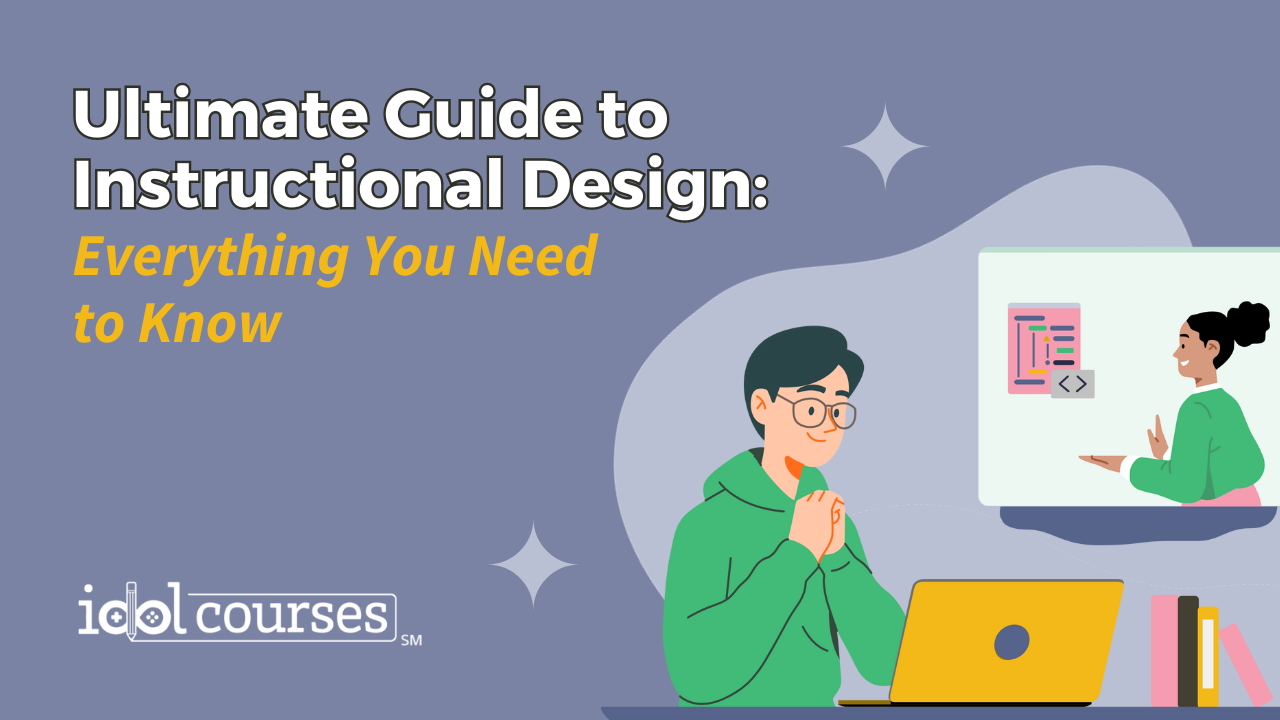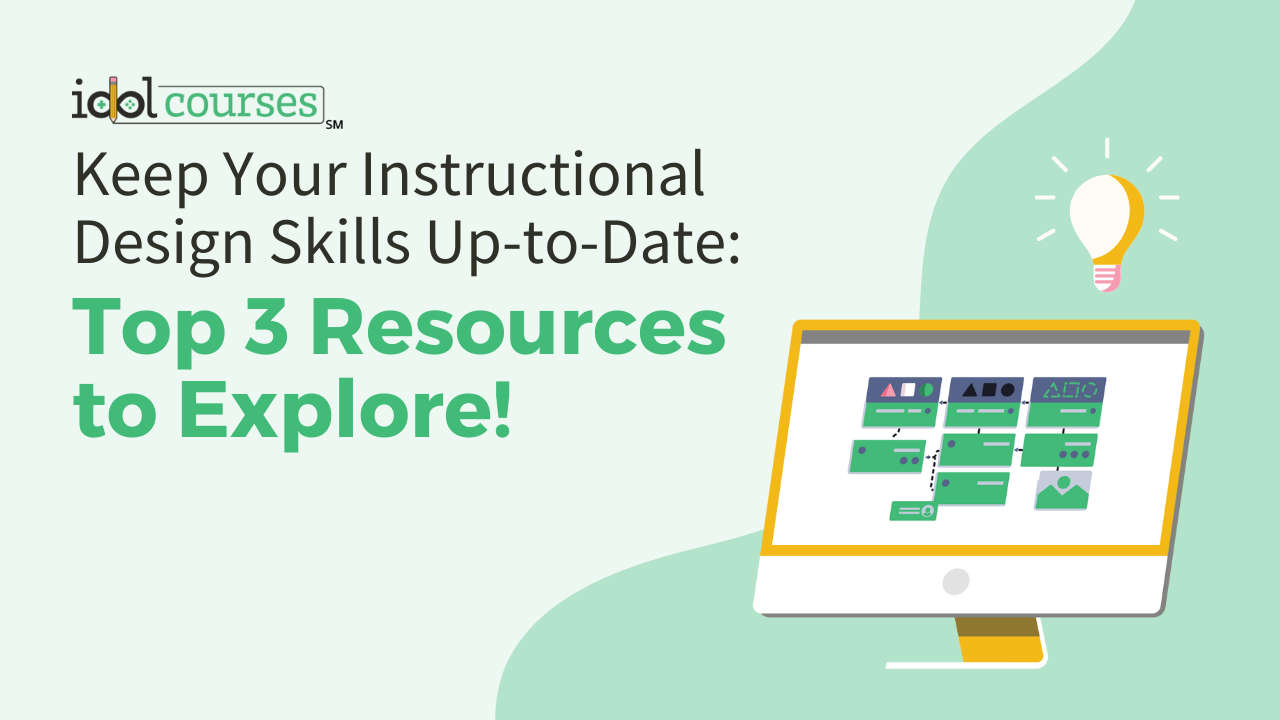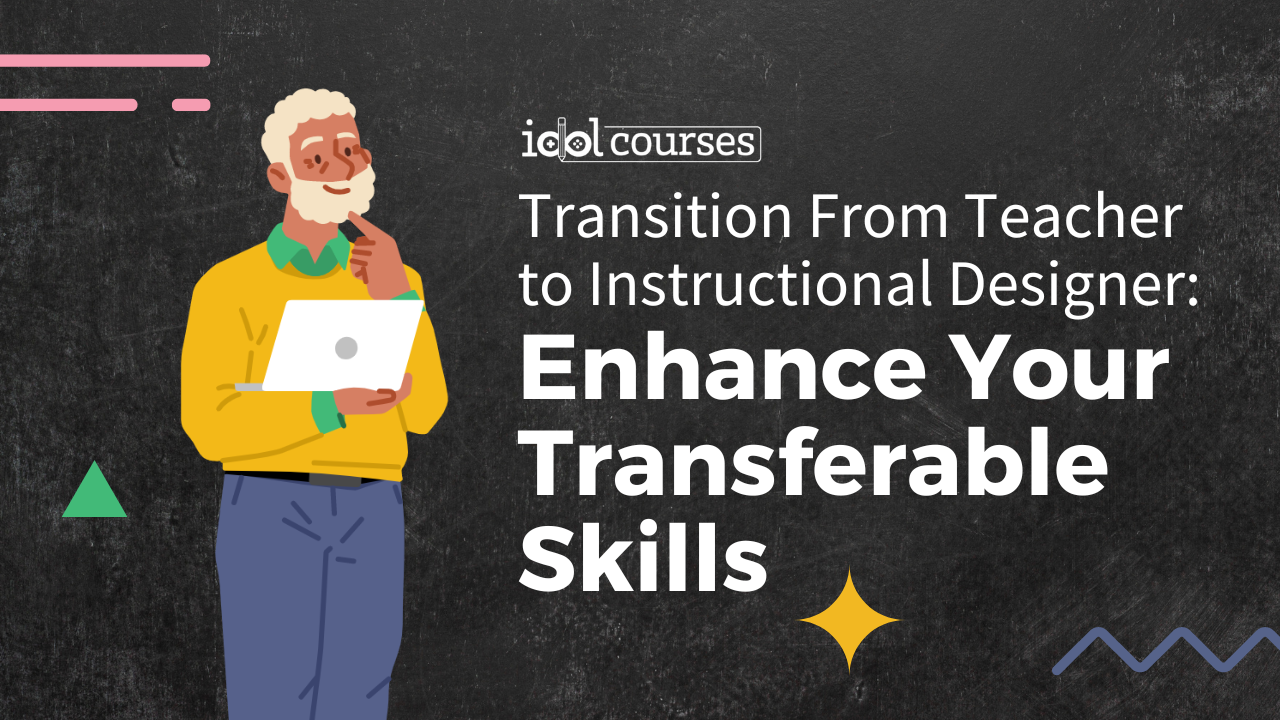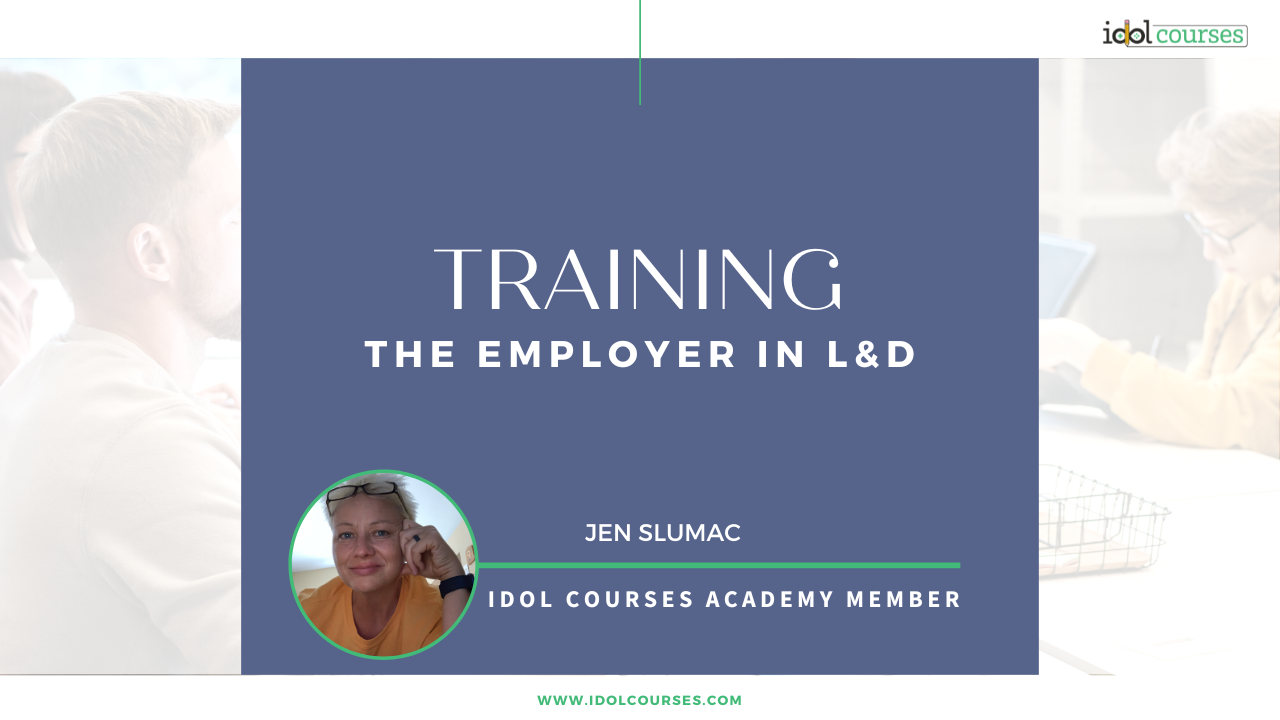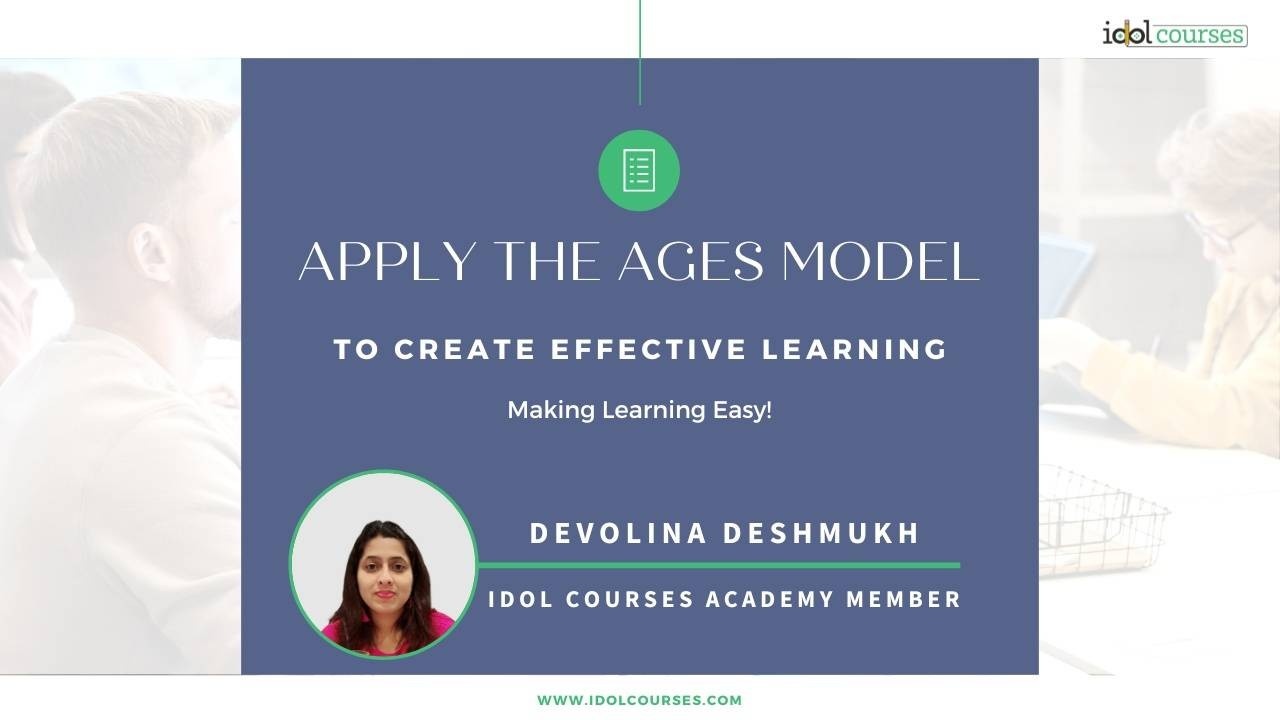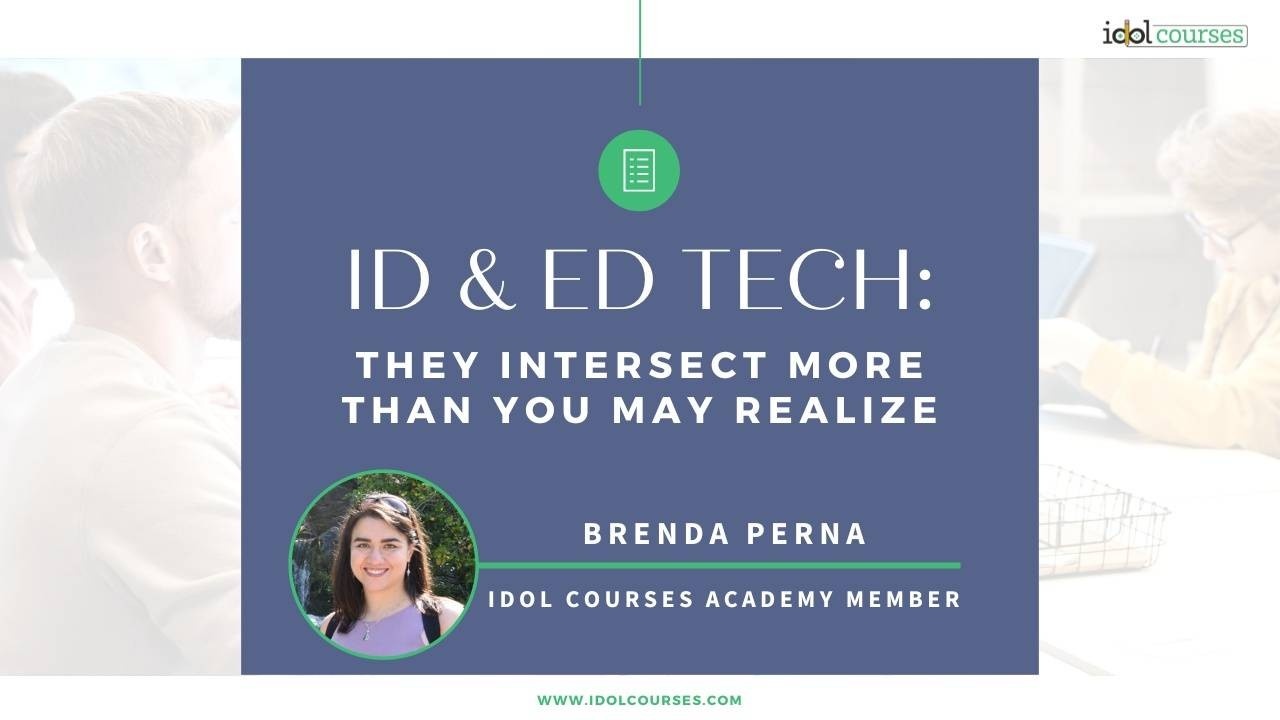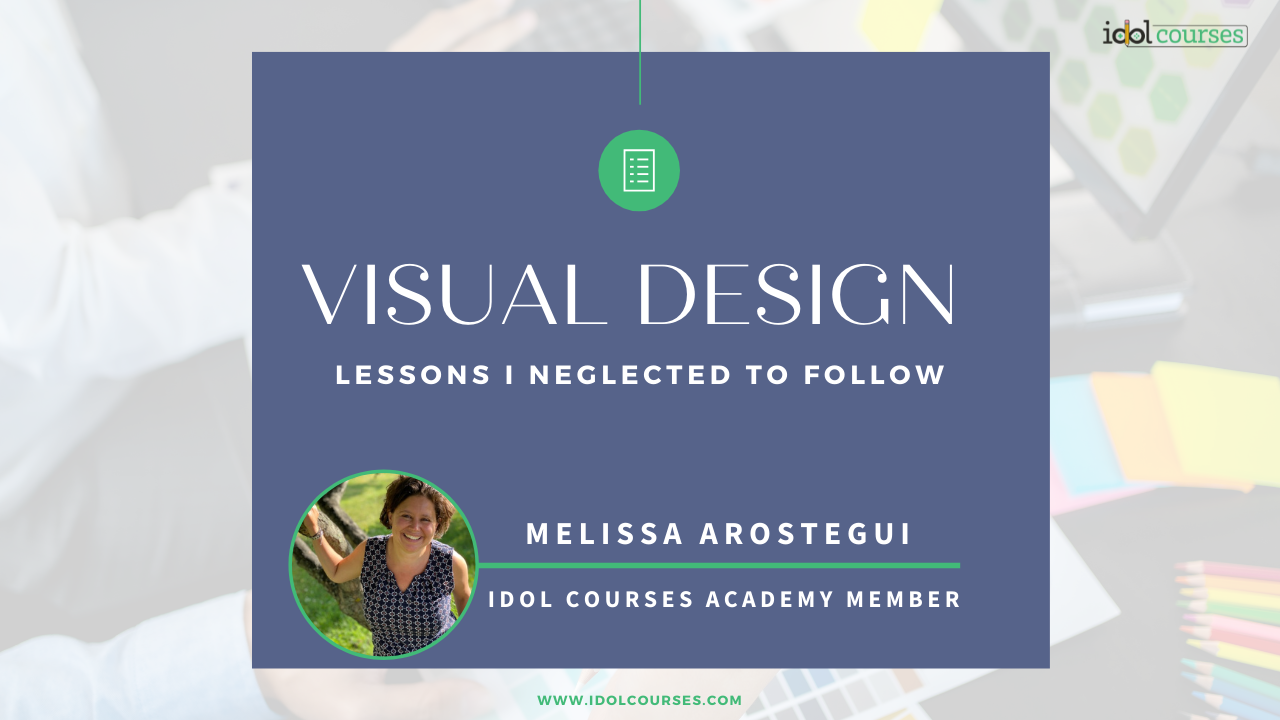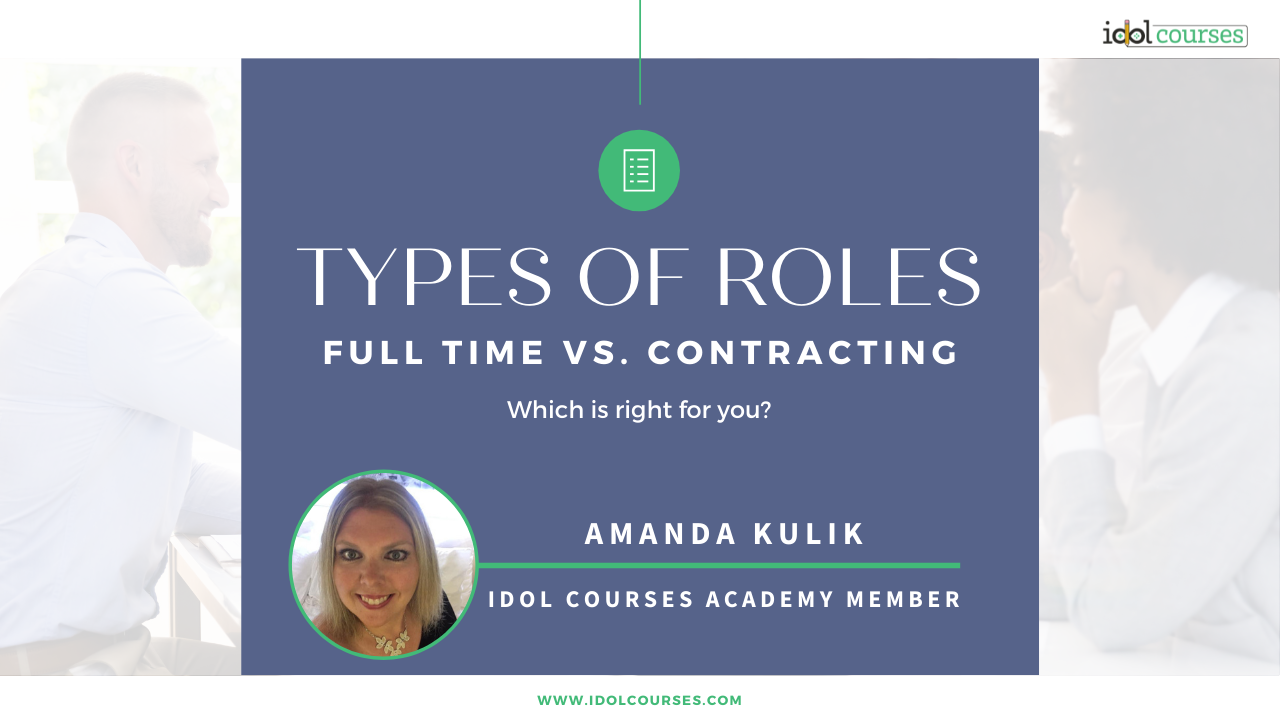
Elevate your instructional design expertise.
Stay ahead with industry news and discover valuable tips and tricks on the IDOL Blog.
Enroll in the NEW IDOL Academy!
Sep 12, 2023
An Idea Generation Activity for Portfolio Topics
Sep 30, 2022
Training: The Employer in L&D
Aug 15, 2022
Apply the AGES Model
Jul 28, 2022
Full Time Employment vs. Contract Positions
Jun 10, 2022
Interested in joining the IDOL community?
Join our newsletter below, where we keep you updated on our upcoming cohorts, events and news within the instructional design industry.


